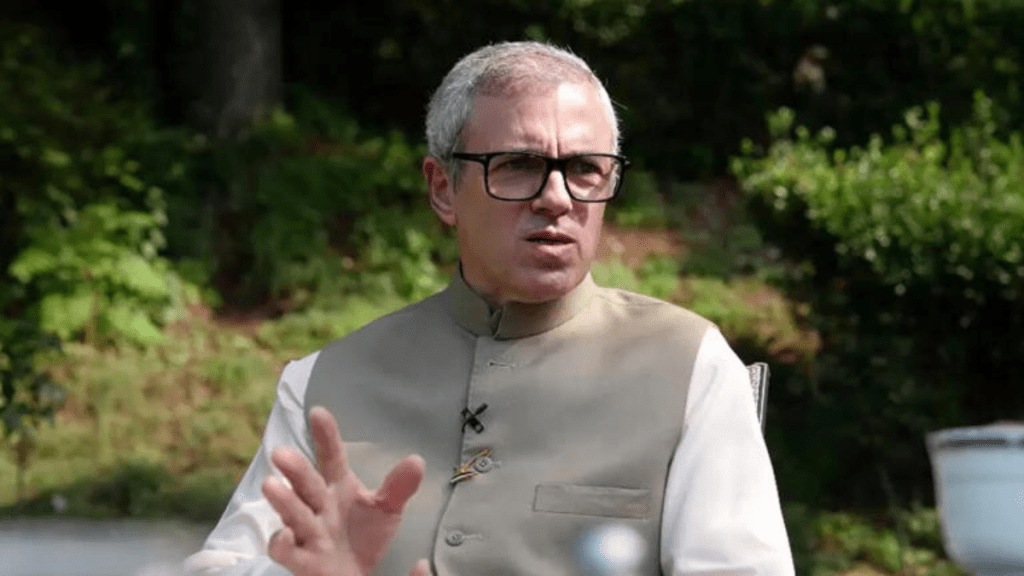In a significant political development, President’s rule in Jammu and Kashmir has been officially revoked, clearing the path for the formation of a new government in the Union Territory. This decision follows the conclusion of assembly elections, marking the first electoral exercise in the region since 2014.
The imposition of President’s rule occurred on June 19, 2018, after the collapse of the coalition government formed by the Peoples Democratic Party (PDP) and the Bharatiya Janata Party (BJP). Subsequently, in August 2019, the central government revoked Jammu and Kashmir’s semi-autonomous status under Article 370 of the Indian Constitution, reclassifying it as a Union Territory.
Elections for the 90 assembly constituencies were held in three phases on September 18, September 25, and October 1, respectively. The elections were historic, as they marked the first time residents of Jammu and Kashmir participated in the democratic process since the revocation of Article 370. The Election Commission of India reported an overall voter turnout of 63.88%, with the third phase achieving a notable turnout of 69.69%.
The results indicate a decisive victory for the National Conference (NC), which secured 42 seats. The Indian National Congress, which had formed a pre-poll alliance with the NC, managed to win just six seats—five in the Kashmir Valley and one in the Jammu region. The Congress’s strength in the assembly is further enhanced by the support of four independent MLA-elects and a single Aam Aadmi Party (AAP) MLA-elect. The BJP emerged as the second-largest party, winning 29 seats.
While the establishment of an elected government is a step toward restoring democratic governance in Jammu and Kashmir, it is essential to note that the powers of such a government are limited. The real authority continues to reside with the central government, reflecting the unique status of Jammu and Kashmir as a Union Territory.
The revocation of President’s rule and the formation of a government signal a new chapter in the political landscape of Jammu and Kashmir, as it seeks to rebuild and address the aspirations of its people in a post-Article 370 environment.


